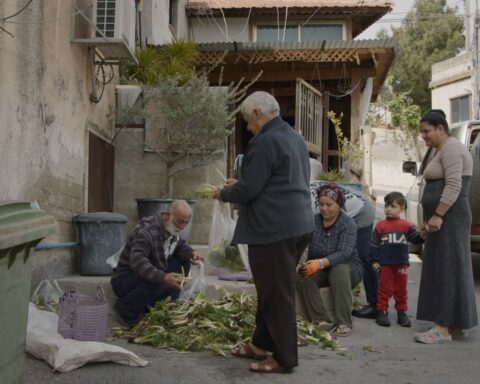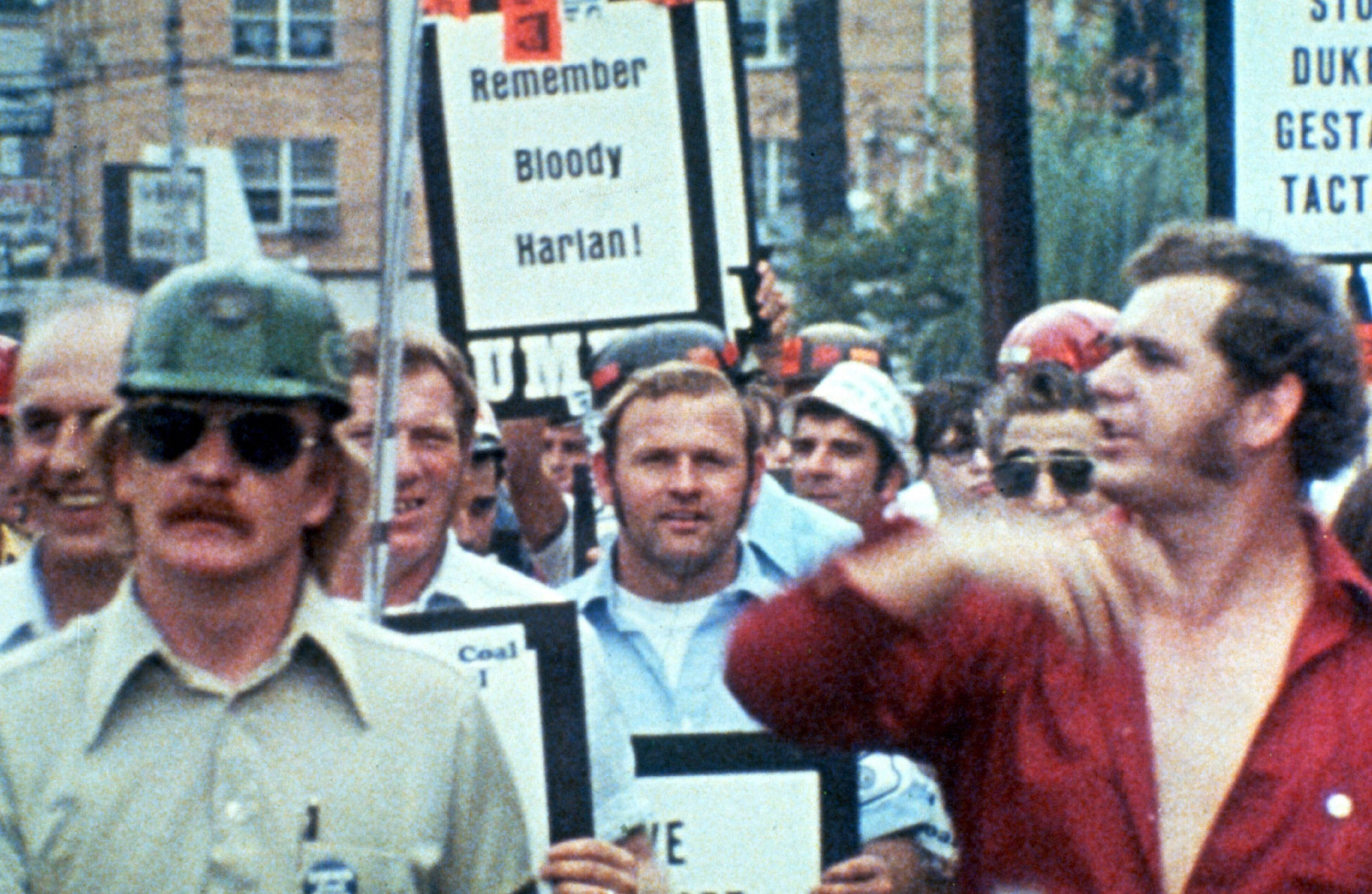The Oslo Diaries
(Canada/Israel, 97 min.)
Dir. Mor Loushy, Daniel Sivan
The late Shimon Peres gives his final interview in The Oslo Diaries. Appropriately enough, directors Mor Loushy and Daniel Sivan afford the former President and Prime Minister of Israel the last word in the documentary. As the credits begin to roll, they ask Peres if Israel and Palestine will ever see peace. Still an optimist over two decades after the peace talks and negotiations that nearly ended violence between Israel and Palestine were broken off, Peres hopes for a resolution. “The only alternative is a long-going war, but contrary to what people think, in war there are no victories; only victims,” replies Peres, who had worked so hard for the Oslo Accords to be accepted by Israel. “No war is ever finished unless it’s being replaced by peace.”
Audiences need to hear this plea for peace. The 93 minutes that precede Peres’s answer convey how the road to peace is long, violent, and painful. The Oslo Diaries chronicles the events of the early and mid-1990s in which parties from Israel and Palestine negotiated terms for a peaceful accord in the secret safety of Oslo, Norway. This engrossing and thorough doc takes audiences through the corridors of history to learn about the backroom talks and private thoughts that brought this corner of the world to the precipice of peace. As divides widen worldwide between progressives and conservatives, and as tensions rise with growing migration that the ensuing nationalism and xenophobia it breeds, the significance of The Oslo Diaries resonates strongly.
The film chronicles the unofficial meetings that began in 1992 when talks between Israelis and Palestinians were punishable offenses. The key players in the off-the-books negotiations include Yair Hirschfeld and Ron Pundak for Israel and Abu Ala for Palestine, along with then-Israeli Prime Minister Yitzhak Rabin, Chairman of the Palestinian Liberation Organization Yasser Arafat, and Peres, who was Minister of Defense at the time. The covert nature of their meetings means that the filmmakers had limited materials at their disposal. Outside of the images that made headlines when Rabin and Arafat shook hands and signed an agreement, Loushy and Sivan rely on the personal diaries of the participants and some haphazard archival footage of the negotiating teams.
The consumer grade video documentation from the ’90s leaves something to be desired as grainy footage shows the teams mingling outside the peace talks, but one can forgive the warring nations for not shooting their negotiations on film. What’s lost in the visuals lends a higher purpose to the audio as the diaries of the participants offer voiceover narration. These are the private thoughts of public figures and The Oslo Diaries offers multiple layers to these historical negotiators who worked tirelessly to ensure their children wouldn’t be at war with their neighbours.
These excerpts provide introspective reflections on the great responsibility of finding common ground to create peace. The men record thoughts of hope and despair as they try to make allies out of enemies. Stitched together in a chorus with contemporary interviews with participants who are still living, The Oslo Diaries reminds audiences that history continues to write itself as parties articulate in different languages their desire for a common goal. Don’t let the past prevent a better tomorrow.
The doc unpacks a wealth of information with its mix of archival footage and insightful interviews. It’s no easy task to fit into a feature-length film a history as volatile and complicated as that of the relationship between Israel and Palestine. However, Loushy and Sivan concisely contextualize the period in which the Oslo negotiations began and then build upon the complex history as the talks ebb and flow. These nuggets of history, embedded within the stakes of the accord, unearth the personal antipathies that the men from both parties needed to control in order to inspire peace in others.
The film invites audiences to witness the false promise of the talks as parties on either side fail to uphold their terms of the agreement. There is criticism. There is violence. There are far too many deaths. The grisly images of bodies littering the streets of Israel and Palestine are difficult, yet necessary to see, as the film situates the stalling talks within a seemingly endless cycle of violence.
The doc inevitably culminates with the assassination of Rabin in 1995, tragically following his participation in a peace rally, and Loushy and Sivan conclude as the diaries reflect a mere first draft for world peace. As the film turns to the election of Benjamin Netanyahu, an outspoken critic of the Oslo Accord, it sees an unsettling victory for nationalism that emboldens conservative factions and amplifies divides rather than bridging them. The conflict has deep roots and The Oslo Diaries uses the competing philosophies of the world leaders, and their respective compatriots, to ask why peace is often more difficult a choice than conflict. The unsaid irony of The Oslo Diaries is that the peace talks were for the children of Israel and Palestine. Now that the agents of the Oslo Accords are leaving this world, the next generation needs to ensure their elders’ efforts were not in vain.
The Oslo Diaries opens in Toronto on July 6 at Hot Docs Ted Rogers Cinema.












